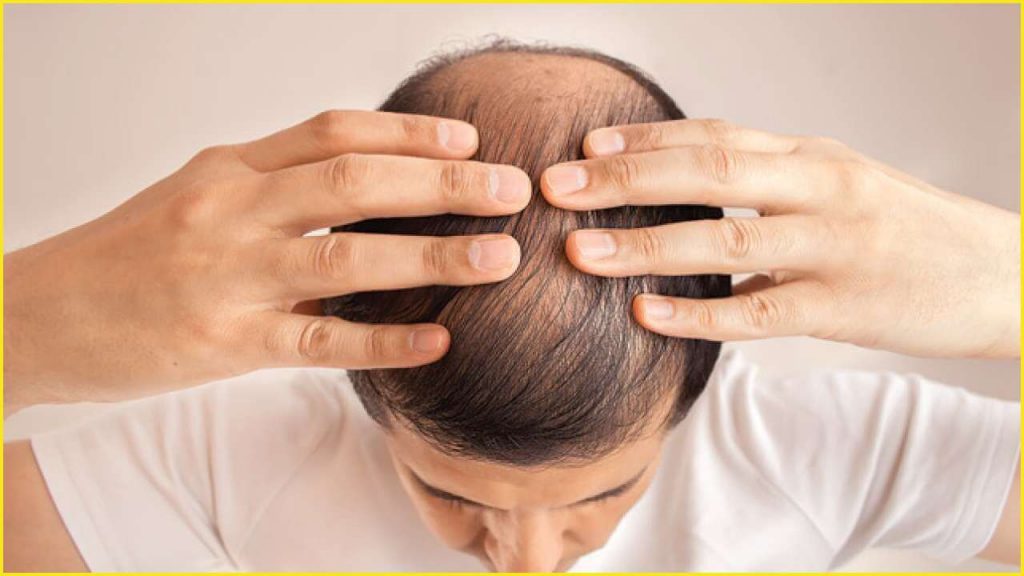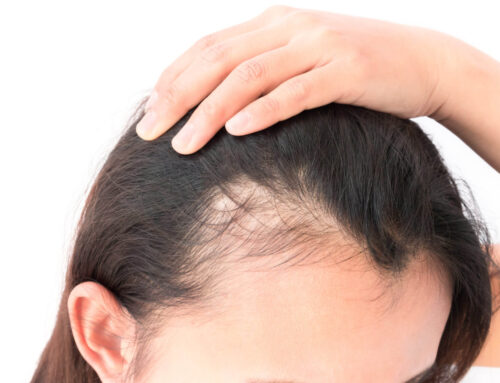Patients at Risk of Baldness
In all sources, baldness, ie hair loss, is attributed to genetic reasons. This is true but incomplete. Because the difference in balding can also be caused by reasons.
Genetic Predisposition
People with a family history of baldness are at a higher risk. If close relatives have experienced hair loss, you might too.
Hormonal Changes
Shifts in hormone levels can cause hair loss. This is often seen in conditions like thyroid problems or hormonal changes after pregnancy.
Age
As people get older, the risk of hair loss increases. It is a natural part of aging.
Medical Conditions
Certain medical conditions, like alopecia areata or diseases such as lupus and diabetes, can lead to hair loss.
Medications and Treatments
Some medications and treatments, like chemotherapy, can cause temporary or permanent hair loss as a side effect.
Nutritional Deficiencies
Lack of nutrients like iron and protein can affect hair health and lead to hair loss.
High-Stress Levels
Experiencing high levels of stress or trauma can sometimes trigger hair loss.
Poor Hair Care
Bad hair care habits, such as aggressive brushing or using harsh hair products, can also cause hair damage and loss.
To prevent or slow down baldness, it is advisable to maintain a balanced diet, manage stress levels, and consult with healthcare providers for personalized advice based on individual health conditions and risk factors.
Patients who come to Turkey made the regional plantation. It means that the vast majority of them are not actually bald and have some hair on their head. This shows that men are not bald, but have partial hair root loss. Hair may fall out for different reasons. These;
- Genetic factors
- Alopecia areata
- Chemotherapy
- Hormone changes after pregnancy
- Menopause
- Cancer Medication
- Physical effect
Genetic factors
It is the most common cause of hair loss worldwide. If you have baldness pattern in your grandfather, father or similar ancestry, then you have the potential to have hair loss or baldness. It is not exactly like that. But too many of these situations are encountered. There may be many patients who are not bald in their family history.
Alopecia areata
It is a disease that develops when the body’s immune system attacks hair follicles (what holds the hair in place), causing hair loss.
What types of alopecia can a hair transplant help with?
A hair transplant is suitable for various types of alopecia – this is the medical term for permanent hair loss in which the hair does not grow back. The most common reason for surgery is androgenetic alopecia. This form is genetic and therefore tends to run in families. The follicles in which the hair is anchored react hypersensitively to the hormone dihydrotestosterone (DHT), which belongs to the group of androgens. They shrink and stop growing new hair. Since this form of hair loss only affects part of the hair roots, a high forehead, a receding hairline or diffusely distributed sparse areas remain, for example.
However, the rest of the follicles are still intact, which is why hair transplants are often promising in the case of androgenetic alopecia. Another trigger for the desire for a hair transplant is often scarring alopecia. Medicine understands hair loss as a result of accidents, burns, operations or radiation. In addition, some skin diseases can lead to hair loss. These include, for example, alopecia areata – better known under the name “circular hair loss” – and a certain form of folliculitis. Folliculitis decalvans manifests itself in intense inflammation and destruction of the hair follicles. After it heals, bald spots may remain.
Chemotherapy
If you receive chemotherapy or have radiation treatment to your head or neck, you may lose all (or most of) your hair within a few weeks of starting treatment. Hair usually starts to regrow within months of finishing chemotherapy or radiation treatments
Menopause
Hormone changes in women going through the menopause can cause hair loss. This occurs because there is a decrease in the estrogen rate. Hair loss is expected to cease after a certain period of time. That is, the situation is usually temporary.
Cancer Medication
A possible side effect of some medications is hair loss. This may cause temporary hair loss as it will again cause hormone changes. When these treatments are over, hair loss is expected to stop. Most of the hair starts to grow again.
Physical effect
This is a situation of hair loss due to physical damage to the scalp, such as traffic accidents. Even if the hair does not shed, hair loss occurs because there is a problem in the skin.
Creation: 12.10.2020 Last Update: 18.09.2023





Leave A Comment